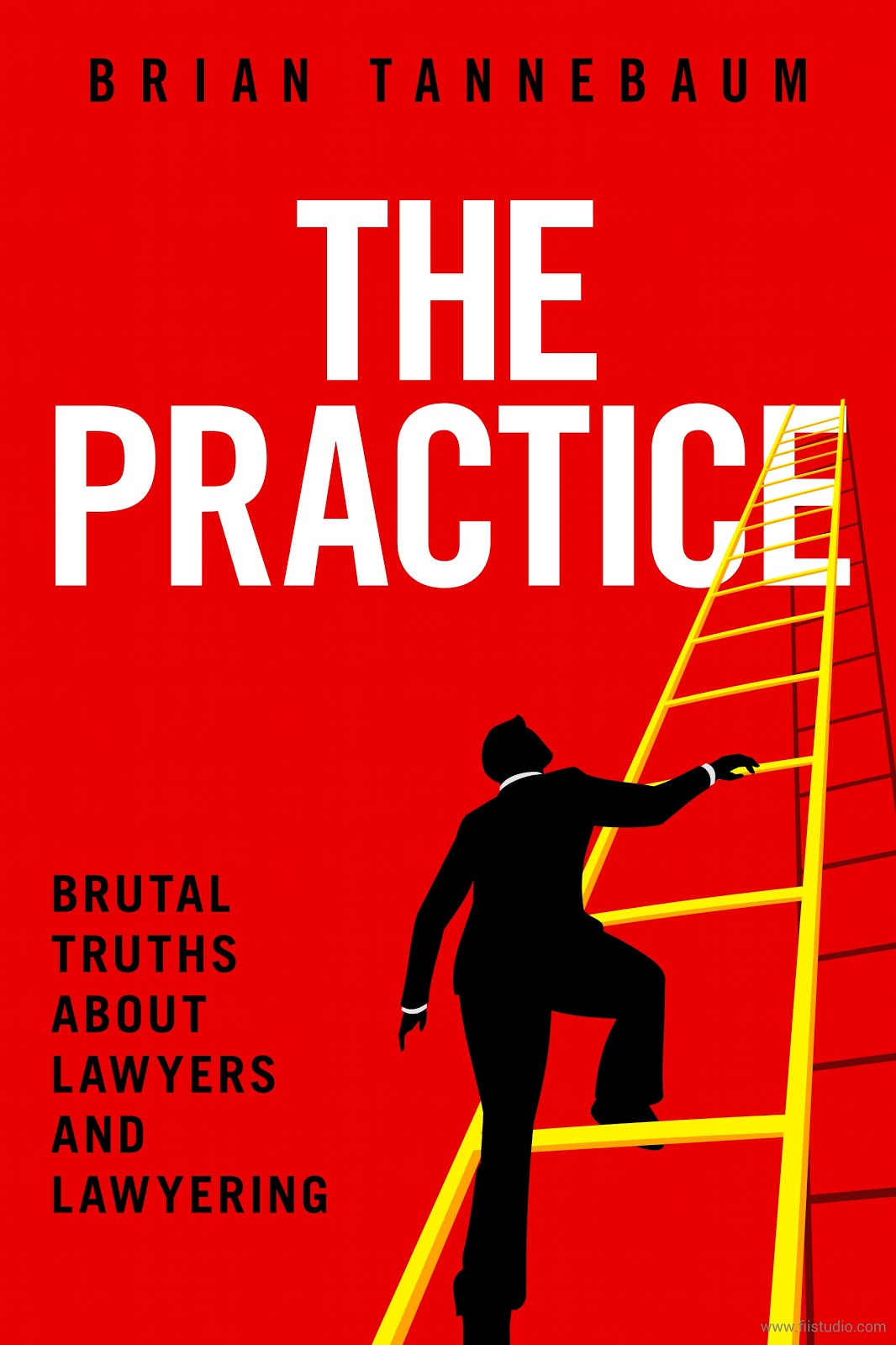Bob's been thinking about Lawyer Bios.
What was clear to me from the outset about lawyer bios was how poorly written they were.
Bob goes on to give his "basic philosophy" about lawyer bios:
•It should have a theme.
•It should use facts to back up that theme.
•It should be written in a compelling style that draws in and holds the reader.
•All of this should be done in no more than six paragraphs.
In the case of a lawyer’s biography, the theme should emphasize what makes that lawyer distinct — what makes that lawyer stand out from the competition.
Bob makes the point that "consumers of any product or service want to feel confident that they are making the right choice. There are two ways consumers most commonly reassure themselves. The first is by word-of-mouth referrals. The other is through objective information. Thus, if we are buying a product, we want to hear from friends and reviewers who’ve used that product. We also want to see data on repairs, safety, reliability, performance, etc."
Bob then kills the theory of the social media mavens out there that a Facebook and twitter account with lots of followers is the silver bullet to a lawyer's success:
In the legal context, word-of-mouth referrals remain the most powerful drivers of new business. Whether it is corporate counsel to corporate counsel or neighbor to neighbor, legal consumers are strongly influenced by the positive (or negative) experiences of others.
He believes that where a lawyer went to law school is important (although it in reality is not), and he believes in highlighting things like law review, clerkships, and specific cases.
Bob then makes a point that can be taken two different ways:
Different consumers look for different things, of course, and part of marketing is knowing how to position yourself to your target audience.
Positioning yourself to your target audience.
Meaning what?
Well, what Bob is talking about is the following:
I have spoken directly to corporate counsel who tell me they most definitely want to see evidence that the lawyer has handled the type of case or matter they have — and has handled it successfully.
Now this is a good point, and Bob's piece makes several good points at that. The lesson is that lawyers should be specific about what they do and their experience. It's not good enough to say "commercial litigation" when the lawyer mainly represents Banks in disputes over international fund transfers (I just made that up.) A potential client from France with a tax matter wants to know that the lawyer has represented "French Nationals in disputes with the IRS," not just that the lawyer practices "tax law."
But I go back to the prior comment:
Different consumers look for different things, of course, and part of marketing is knowing how to position yourself to your target audience.
This is part of the problem on the internet.
Lawyers know that "part of marketing" is knowing how to "position yourself to your target audience."
So they lie, or "fudge," or "exaggerate."
The best way to spot this, is when a lawyer doesn't list their year of graduation. That means they have been a lawyer less than 5 years. This is what the marketers tell them to do, because people are looking for "experienced" lawyers.
Which leads me to "experienced." What does that mean?
I say over 5 years. To a certain scam artist I know, it means 8 months.
So here's my thoughts on lawyer bios:
1. Always look to see if the lawyer fails to state their year of graduation or admission to the Bar, or doesn't have a link to easy access to that information.
2. Disregard any value you may put into someone being a "member" of anything." If they practice law, they are required to be a member of a bar. Stating that in a bio is nice, but means nothing. Basic memberships in other bar organizations are also meaningless.
3. Plenty of morons went to great schools.
4. Plenty of stellar lawyers went to unknown schools.
5. A lawyers bio was probably written by the lawyer. A lawyer looking for clients. People say a lot of interesting things when they are looking for clients. Some of those interesting things are actually true.
Located in Miami, Florida, Brian Tannebaum practices Bar Admission and Discipline and Criminal Defense. He is the author of I Got A Bar Complaint.







